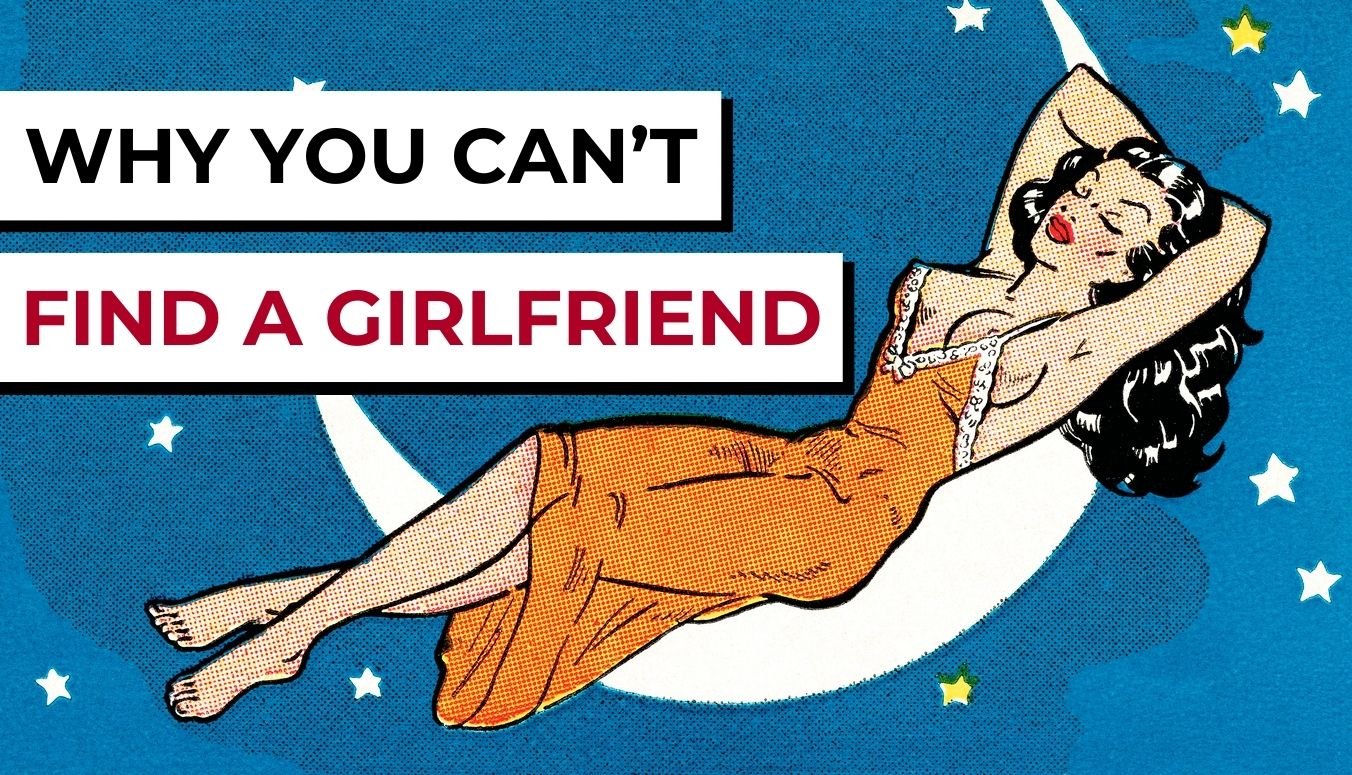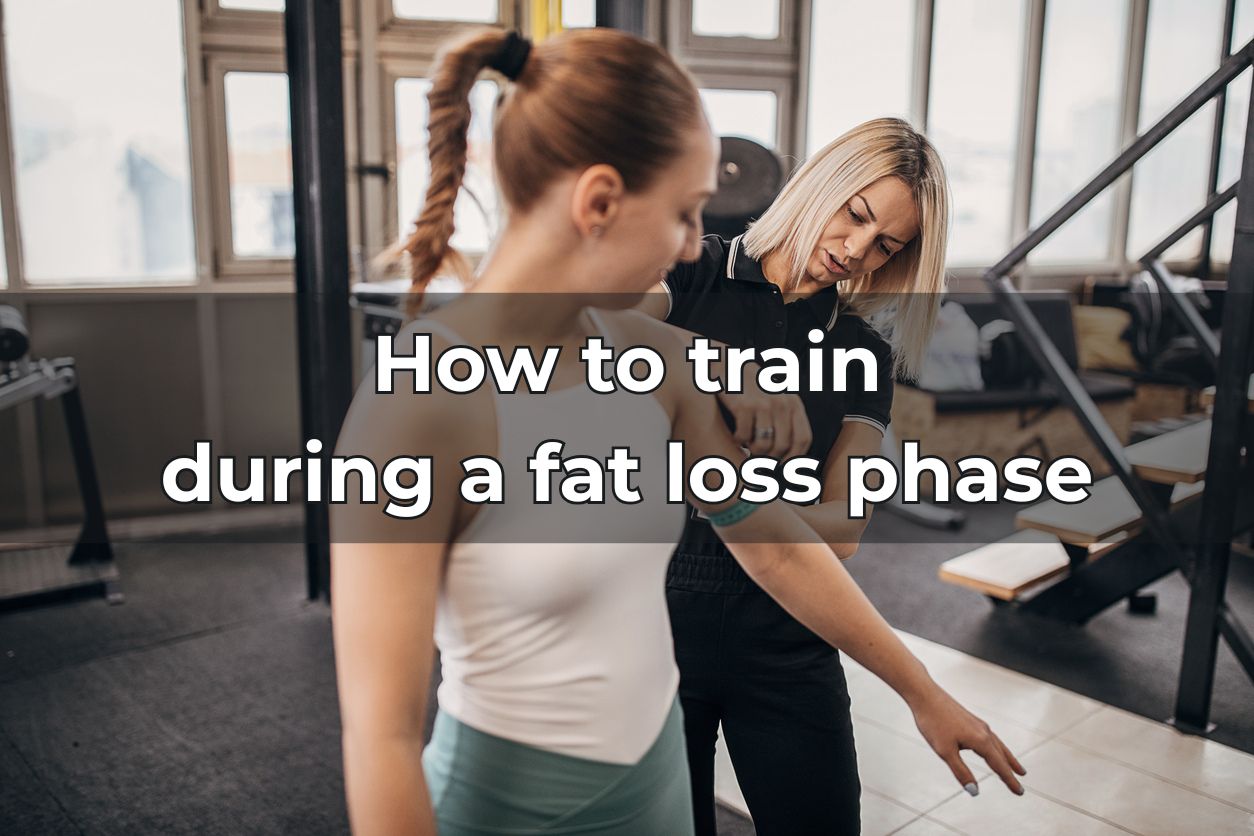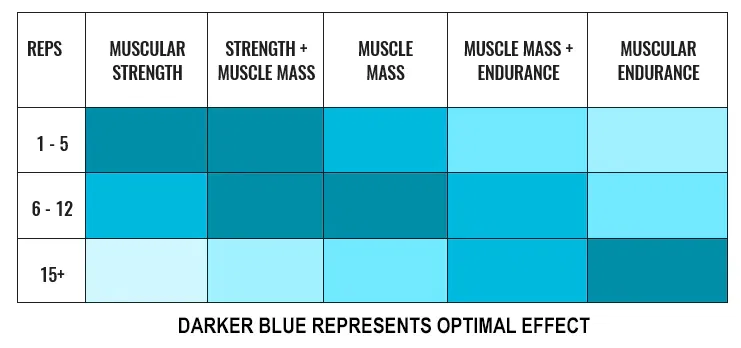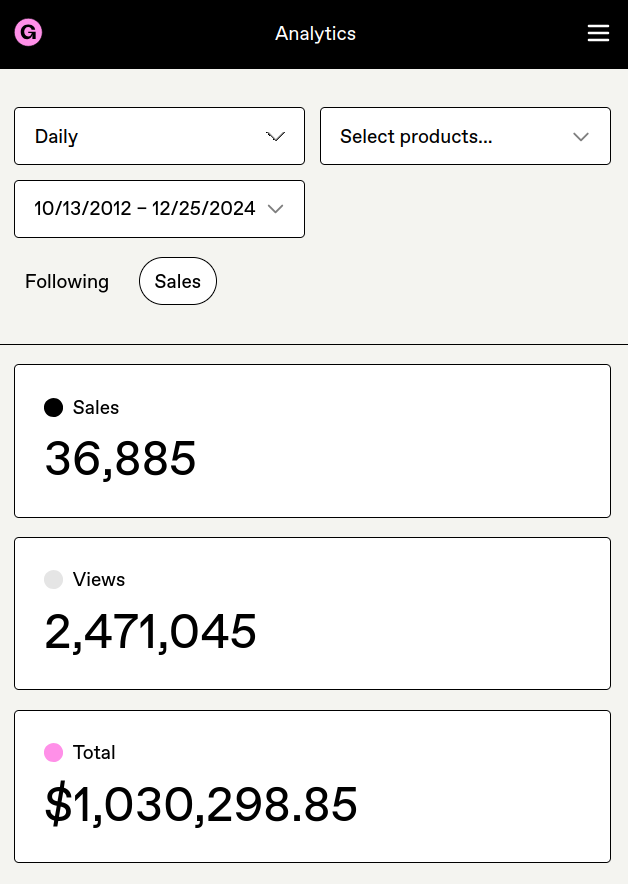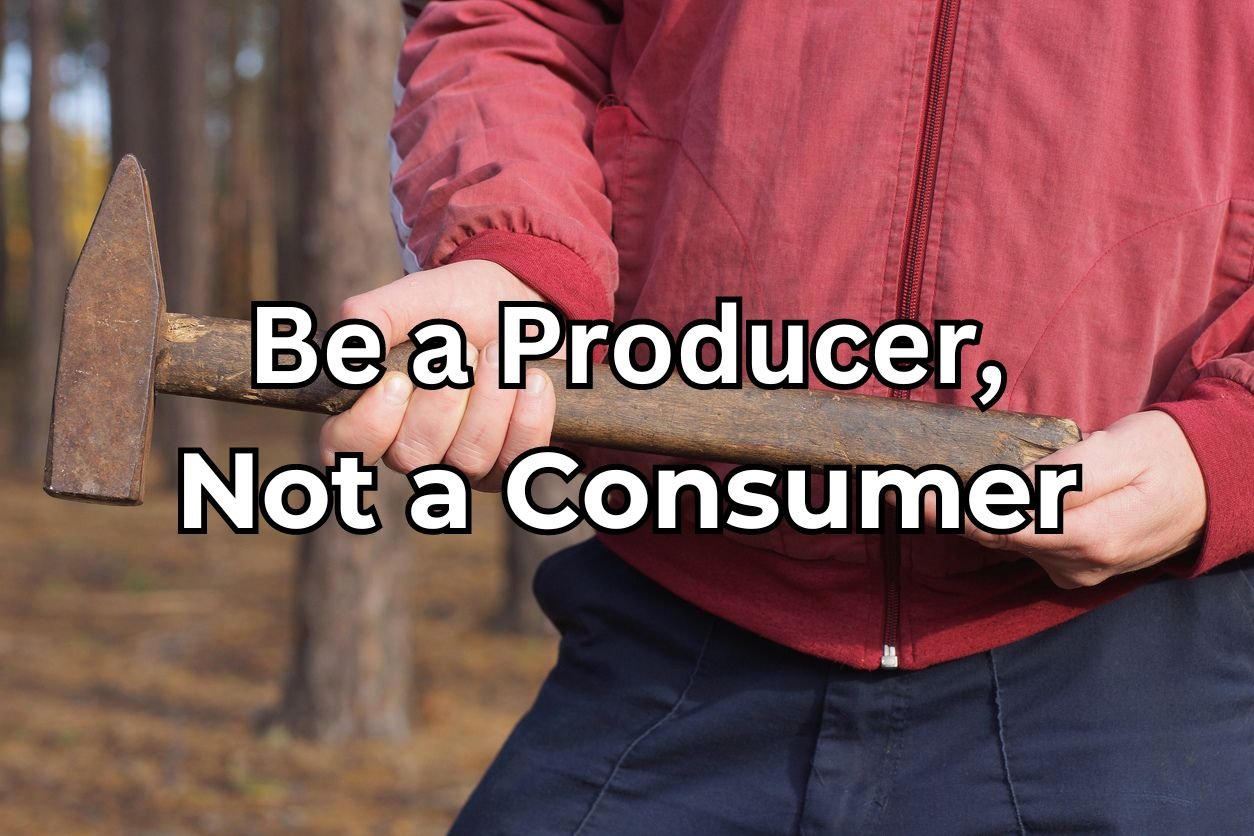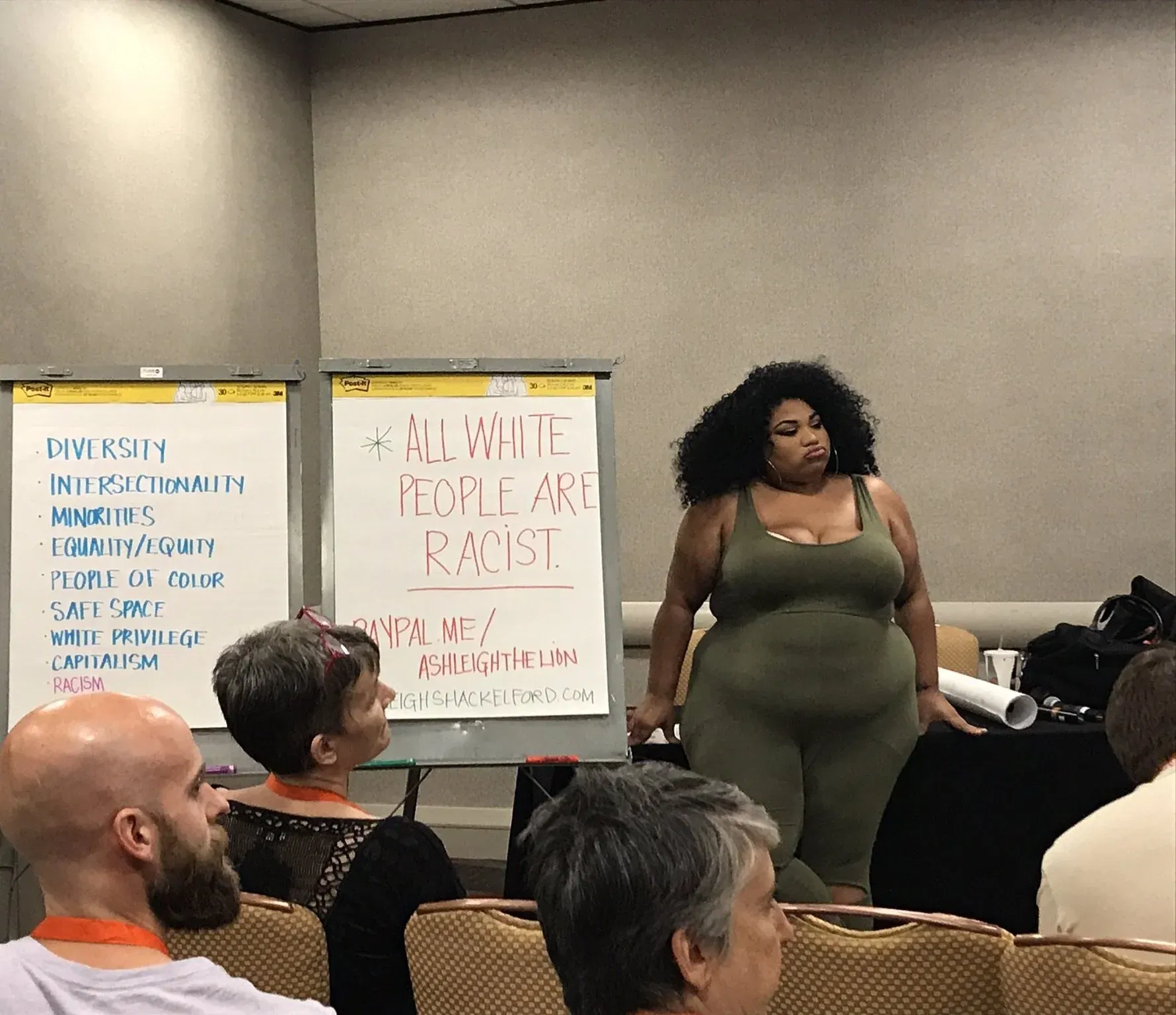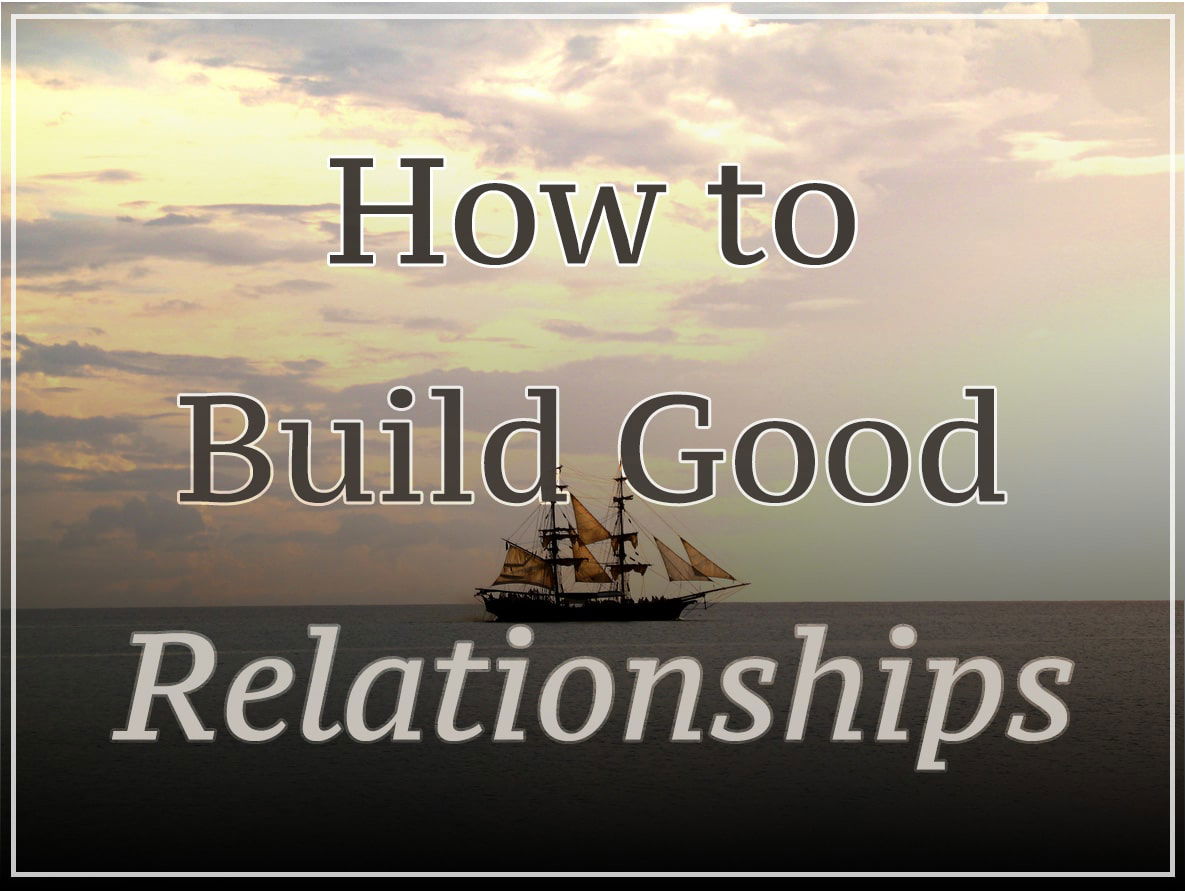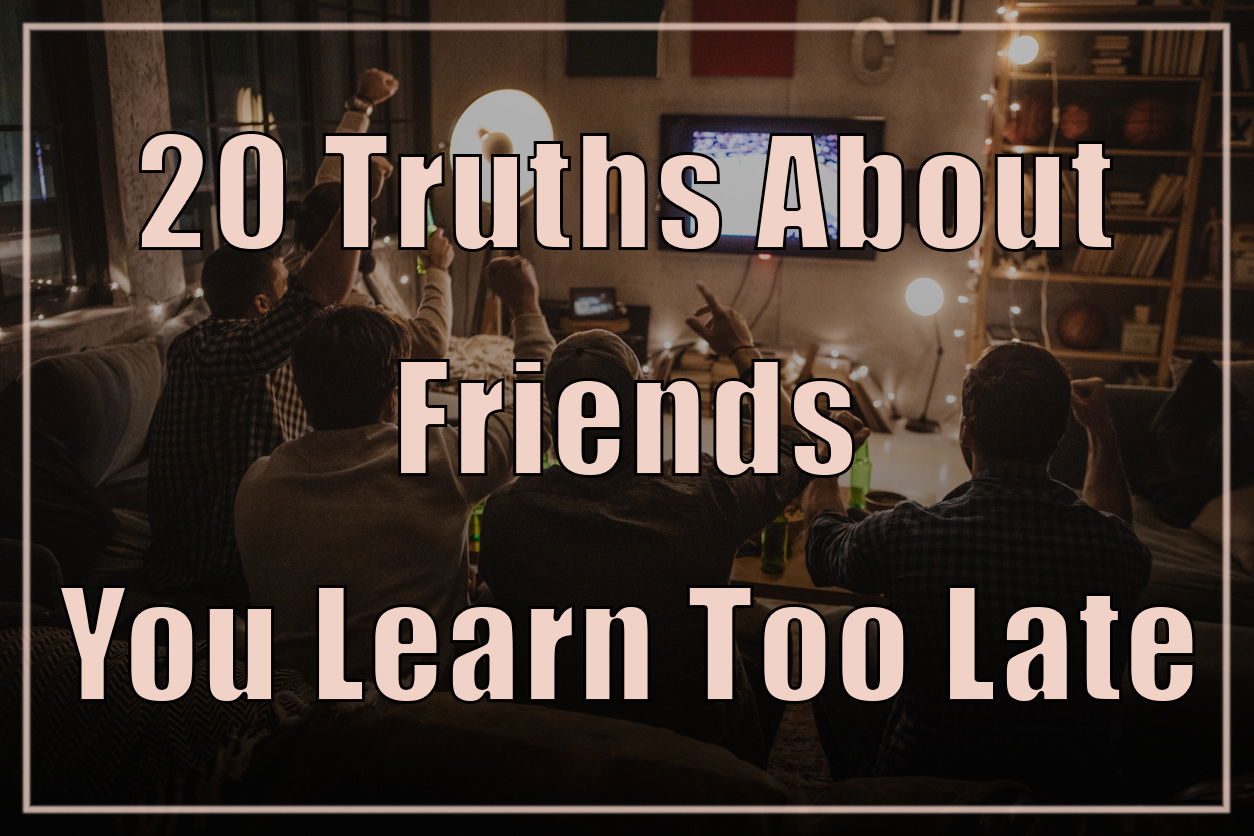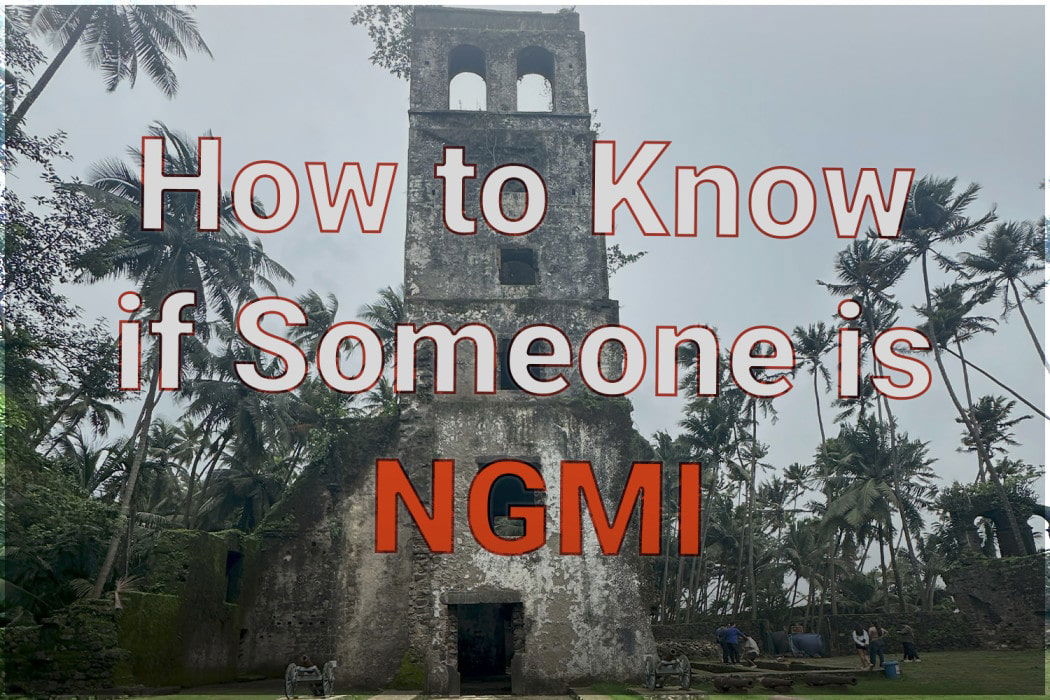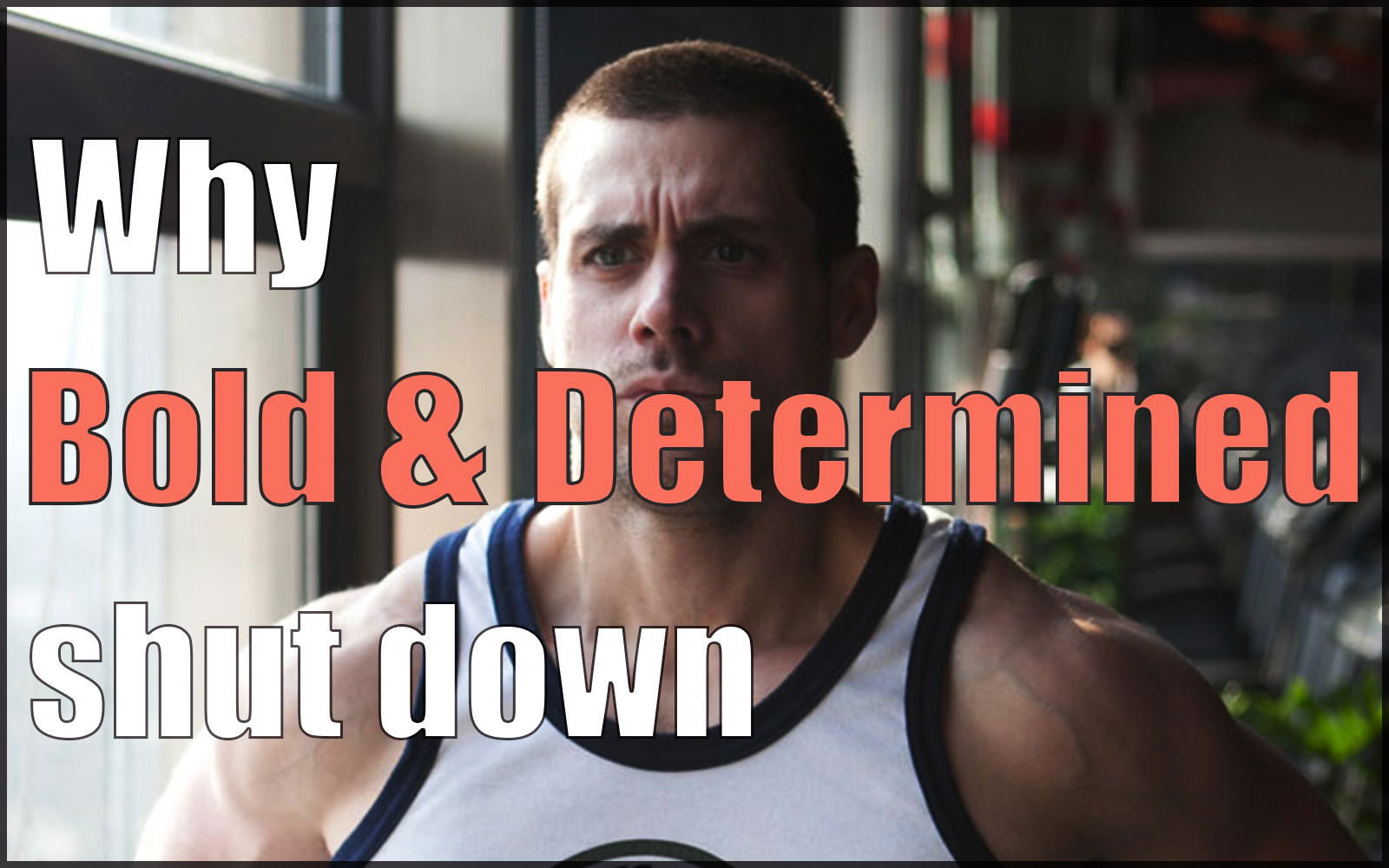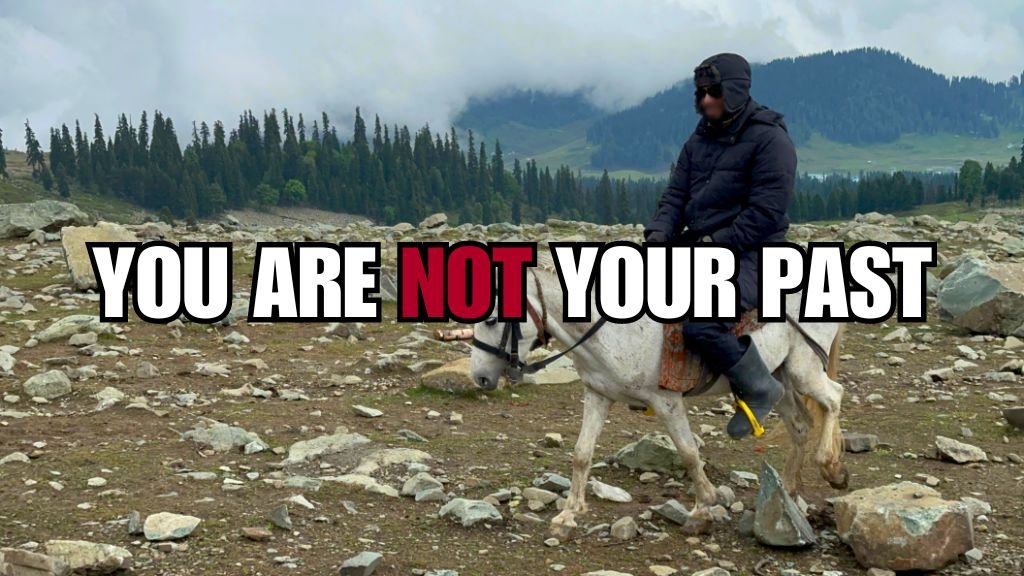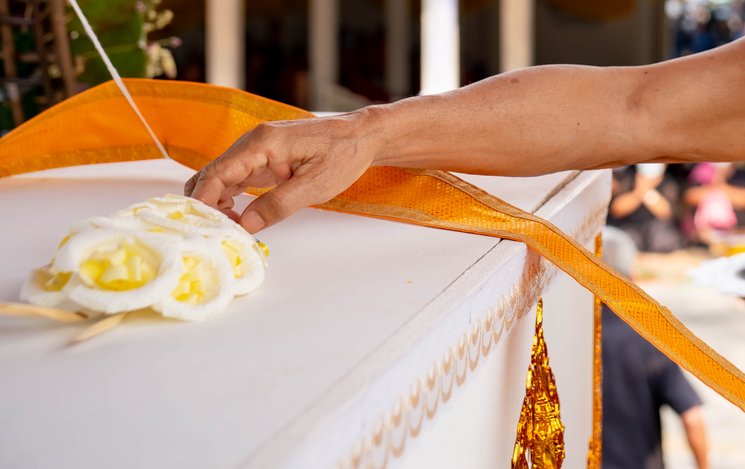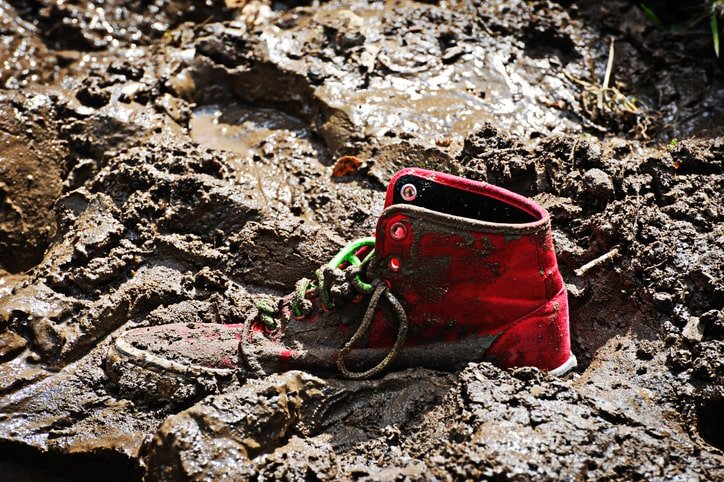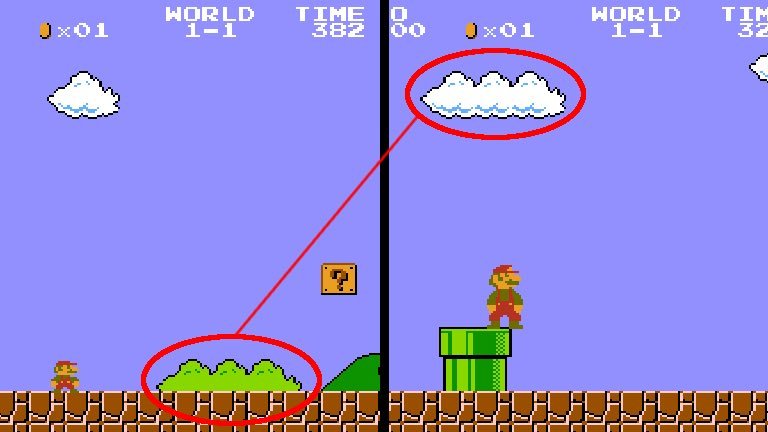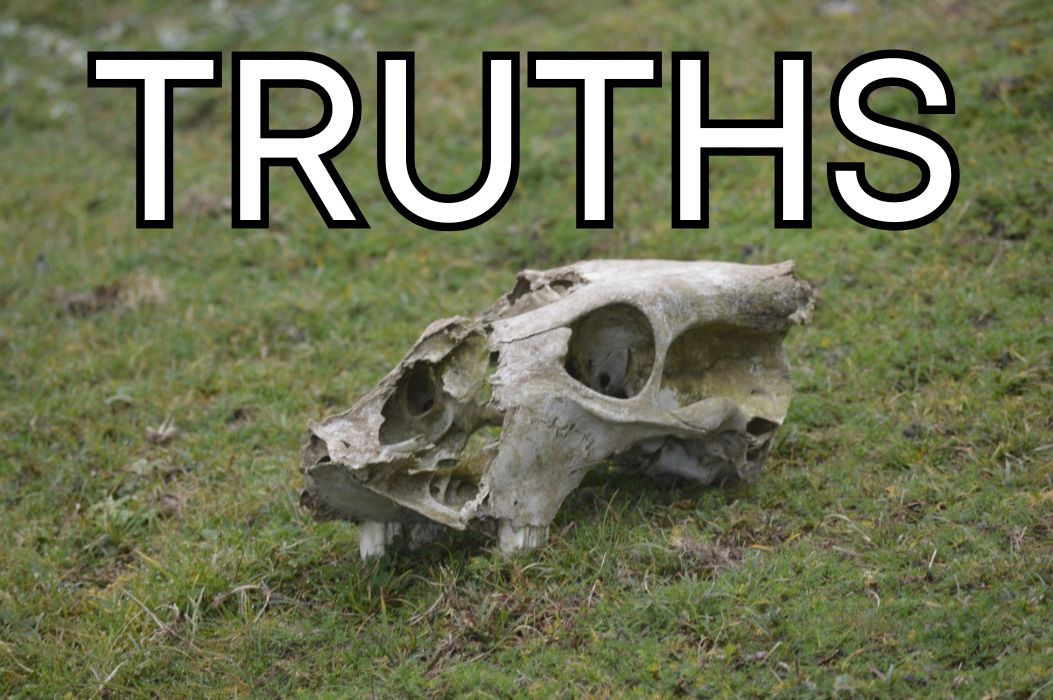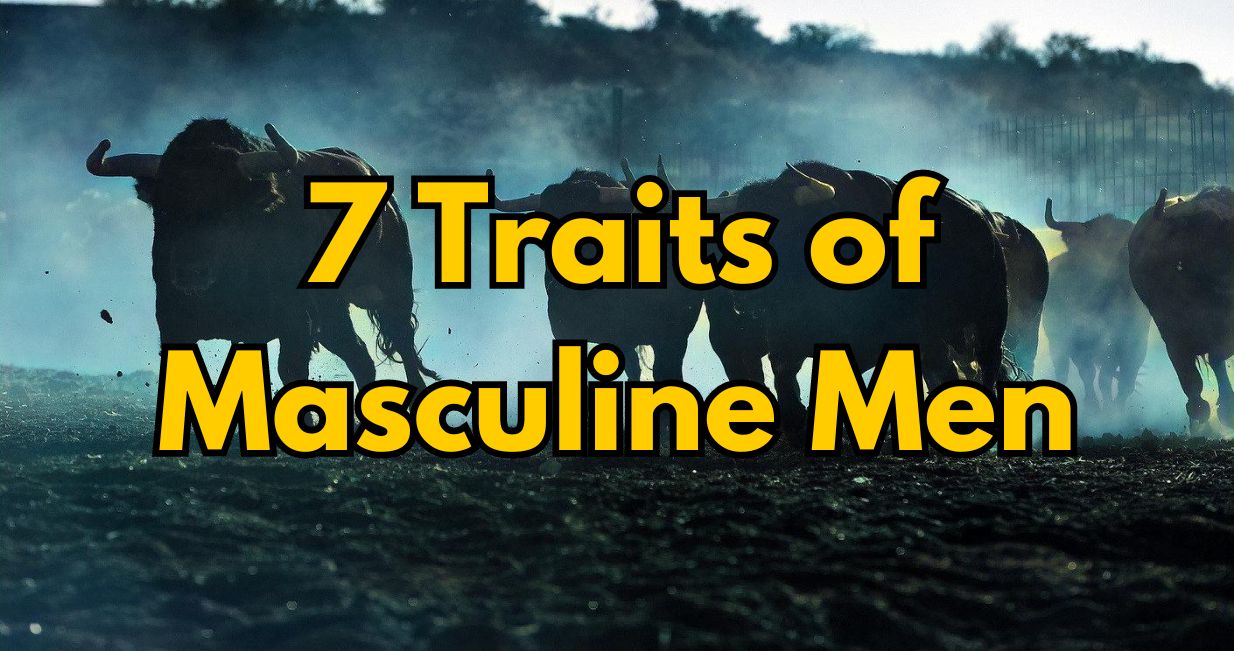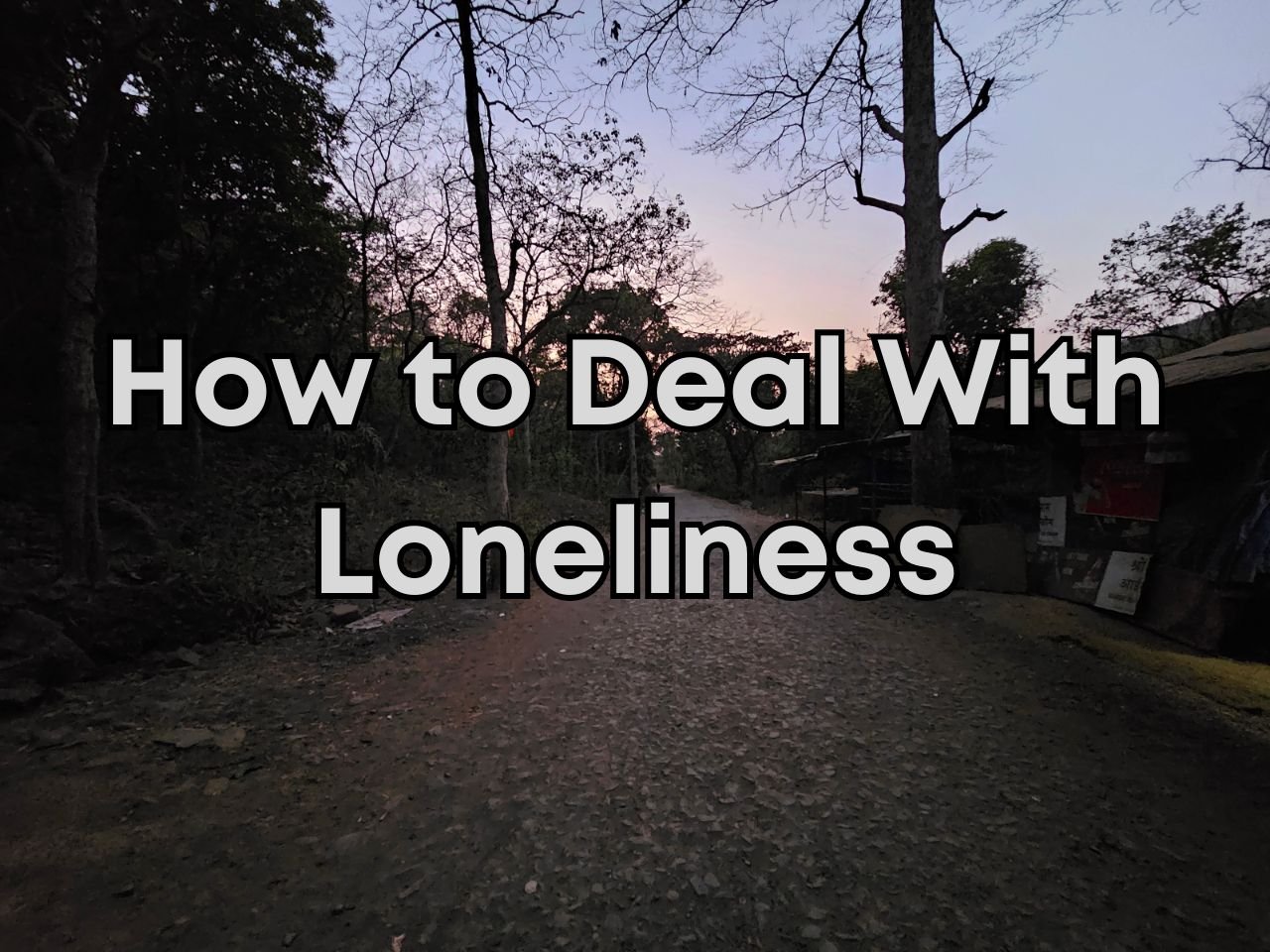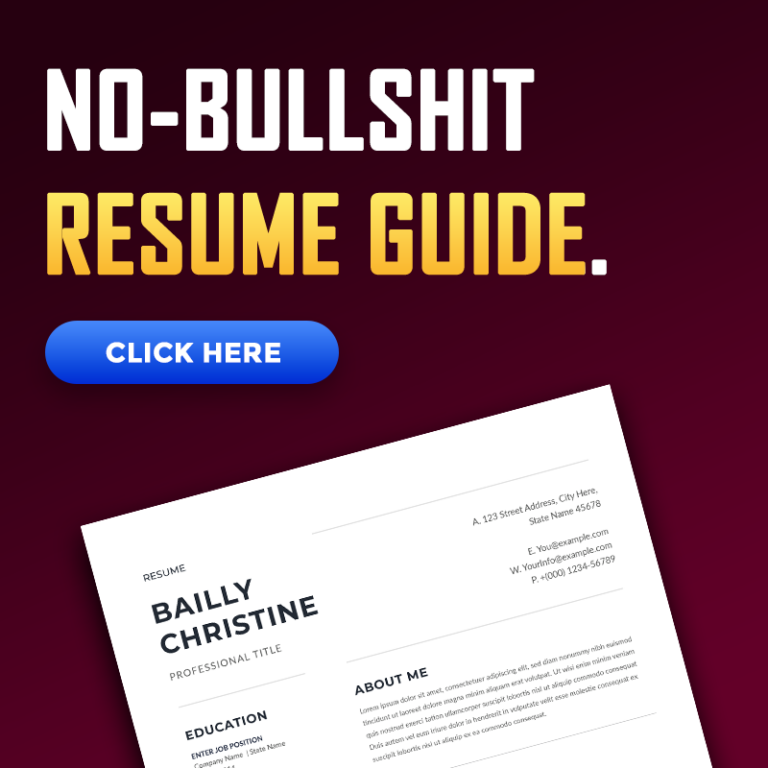The thing about life is that over the long run, most people get what they deserve – at least in the health department.
The 5 Broad Categories of Health For Senior Citizens
As people get older, they start to fit 5 broad categories:
Very strong: These are people who trained regularly in their youth, avoided injuries, and maintained their ability to do fast twitch movements like running.
Think of the 70 year old in the gym who can squat 100kg and has retained his ability to run a few kilometers. These types exist but are rare.
Strong: These are people who trained regularly “on and off” in their youth. Their strength levels are not very high like the people in the previous category.
Think of the 70 year old in the gym who still trains with weights but the weights are very small. Think curling 10 kg dumbbells in each hand. Not bad but nowhere near good or great.
They can usually walk a lot and run a little. They look good for their age, and have above average skin quality for their age bracket.
Just alive: These are older people who can’t do anything physical without support except walk. They have some lingering injuries – bad knees, bad back, back shoulder, etc.
Think of the 70 year old who can’t climb a few flights of stairs without needing something to hold on to. If he breaks into a run he will probably injure himself (or can’t do it at all). Some of them actually need a stick to walk already.
Interestingly, you will be surprised how many 40 year olds today fall in this category. There are schools who have to ban “parent’s run” on their sports day because many of these 40 year olds are so unfit that they can’t run on an even surface without falling and breaking their legs or hips.
Look online for videos of “dad races on sports day” and you will inevitably see at least one guy fall and roll on the ground.
Barely alive: Think of the 70 year old guy on the wheelchair. Needs someone else to take care of them. Can’t even use a regular toilet without assistance. Can barely walk with a stick and hates doing it. All his muscles have atrophied.
Dead: This is a special category for the people who didn’t even make it to senior citizenship. The fatsos who died in their 40s and 50s fall in this category. The heart attack that everyone saw coming got them.
Where Will You Be At 70?
The entire point of making this post and the classification system above was to ask a simple question:
Where will you be when you are at 70 if you continue your present habits and way of life?
If you have achy joints now and you’re only 35, think of how bad they will be in another 35 years (or even another 20 years).
If your back hurts now, how much will it hurt when you are 70?
If you can’t run 5 km in 30 minutes now, how much will you be able to run when you are 70? Will you even be able to run at all?
If you can’t climb some stairs without holding the railing now, do you think you will be able to do it then?
These sound like hypothetical questions but I assure you – they are anything but hypothetical.
Decades pass by faster than you think.
“Your time will run out, one day at a time. The days may feel long, but years won’t.”
Health damage is hard to reverse as you get older. It is much better to keep your good health until your old age than to try to regain health when you are 50 and weak.
Answer me honestly:
How will your life look like in just a few short decades?
Do you like the answer you gave me?
If yes, you’re doing well.
If not, something needs to change. Take the Live Intentionally: 90 Day Self-Improvement Program and ask this question to yourself again after you’re done with it.
With love,
Harsh Strongman


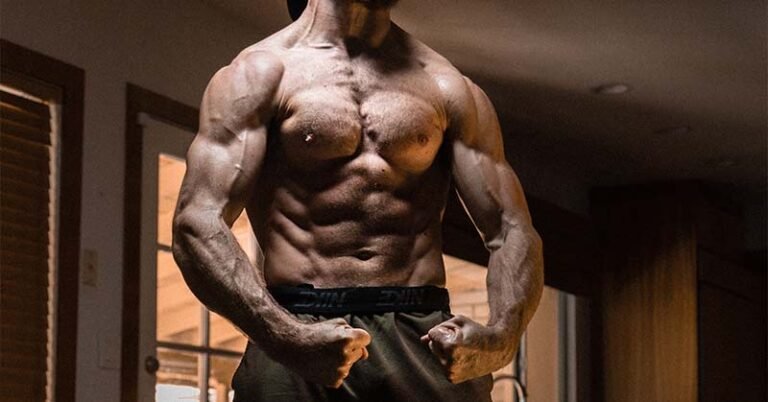

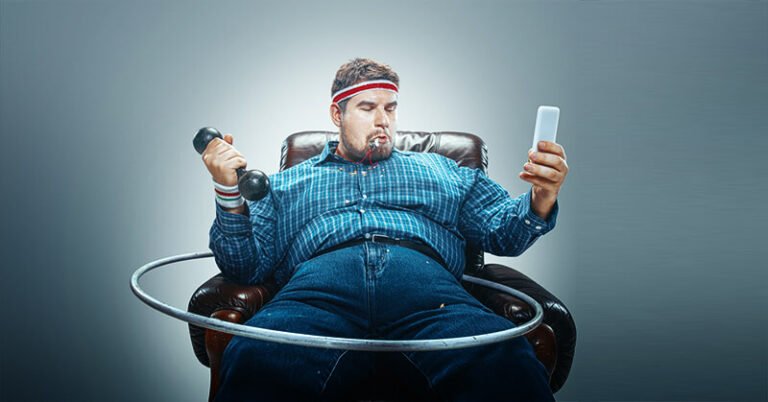

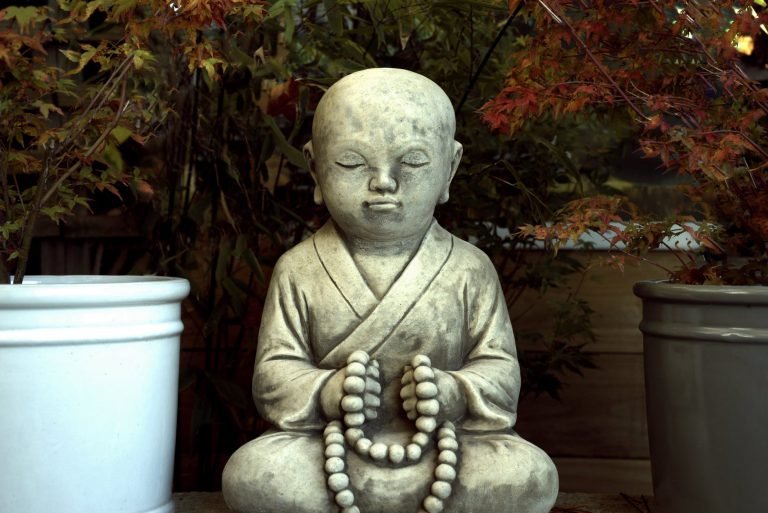



![Traits Women Find Attractive Traits Women Find Attractive (And How to Score Yourself) [PART 1: Physical Aspects]](https://lifemathmoney.b-cdn.net/wp-content/uploads/2025/11/Traits-Women-Find-Attractive-1.jpg)




